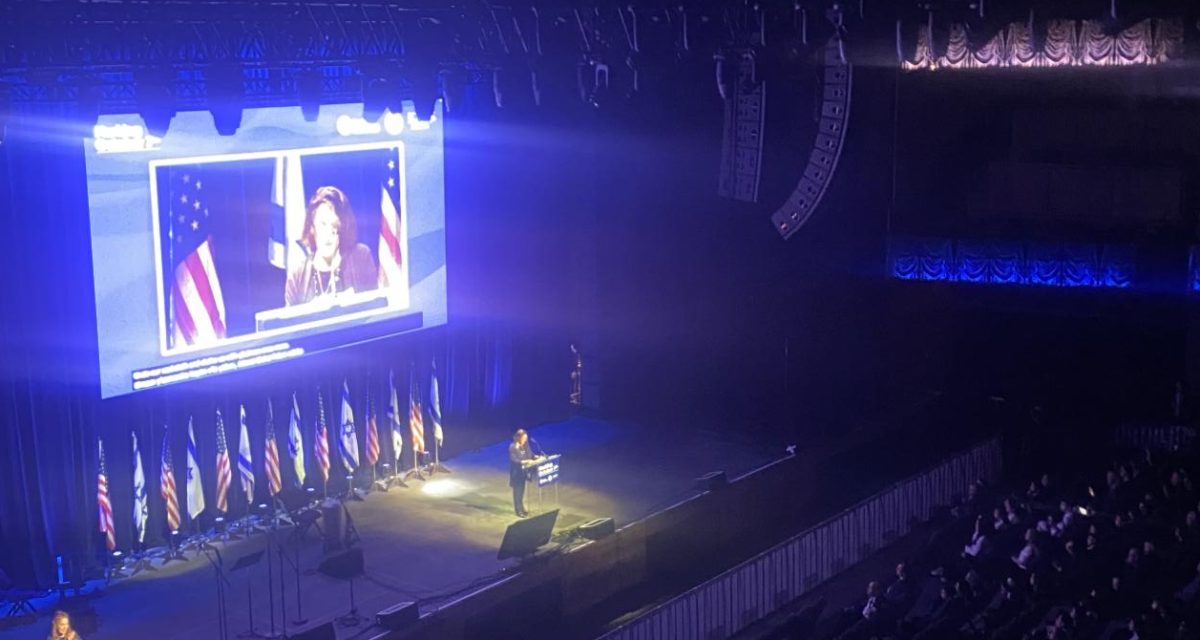When to take it with a grain of Kosher salt
June 10, 2022
One of my all-time favorite episodes of “The Office” is “Diversity Day.” The episode depicts the diversity training that manager Michael Scott imposes on his co-workers. Each person has a card that names a different racial or ethnic group on their forehead. At one point, Scott walks up to two co-workers — their foreheads reading “Black” and “Jewish” — who are not engaging in the uncomfortable activity. He eggs them on: “Olympics of suffering! Slavery versus Holocaust,” Scott says.
While I initially laughed and found the mention of Judaism in the show to be comforting, I began to wonder how the joke might be perceived by those who aren’t Jewish. I am grateful to have a nuanced education that acknowledges the irrationality of turning historical tragedies into comedic material, however, others aren’t as lucky and I worry that jokes like these can set an inappropriate standard.
Recently, we have seen a trend of minorities and marginalized groups “reclaiming” certain slurs that have historically been used against them as an act of empowerment and rebellion. I think these initiatives have been generally successful and powerful, and it may seem that it should be no different for Jews and antisemitic jokes. However, the complicated nature of Judaism and Jewish identity makes it a different experience for us.
Judaism is an ethno-religion. This is a complicated concept that not many people understand, making it hard to distinctly define who is considered to be Jewish. For the majority of secular Jews, it is not obvious to the general public that we are Jewish, due to our lack of physical indicators. If there can’t even be a societal consensus on who can be a Jew, how are we supposed to define who may have appropriate “standing” to make an antisemitic joke without actually being an antisemite?
At CESJDS, we are extremely lucky to be in a safe bubble of pluralist Jews who think critically about our Jewish identities, making it an acceptable space to make antisemitic jokes. For many, these jokes are a way of coping with the horrible realities Jews have faced in the past and continue to face on a daily basis. We can make these jokes within the walls of the school because we’re all able to take them with a grain of kosher salt and acknowledge that that’s really all they are — jokes.
However, with antisemitism on the rise, I don’t think non-Jewish American society is ready to accept the nuances that come with antisemitic jokes. As the number of living Holocaust survivors decreases daily and with them first-hand accounts of the atrocities committed by the Nazis, the threat of denial is becoming even more prevalent. If we casually make antisemitic jokes in the general public or on social media, these comments could be misconstrued as fact and used to further antisemitic and anti-Zionist agendas.
It’s funny to talk about the idea of having space lasers or controlling the banks within the privacy of the Jewish community, but we must be conscious of the context we are in and the responsibilities we have as Jews to combat antisemitism in all of its forms — even jokes.








